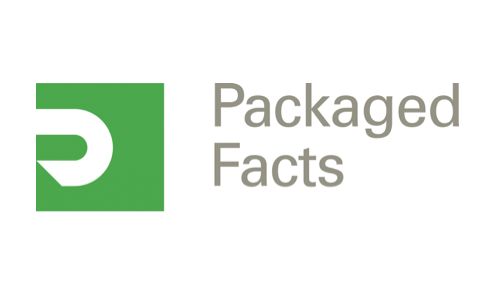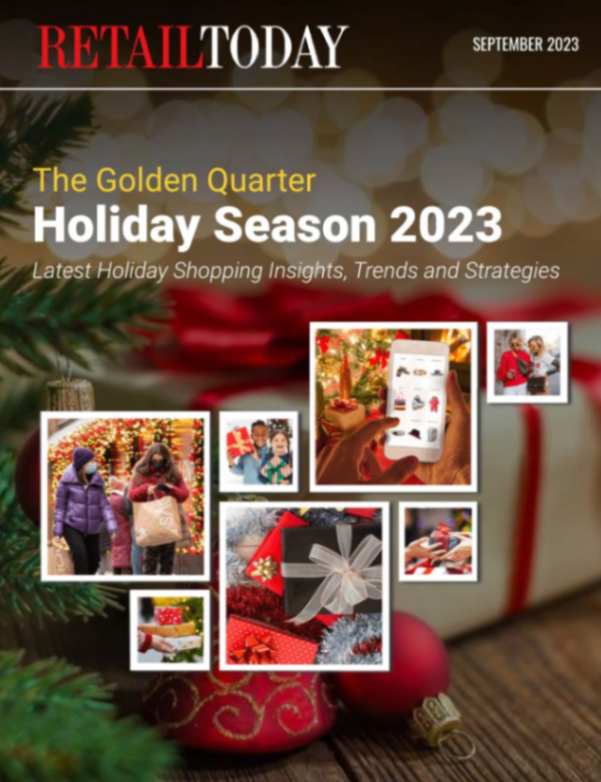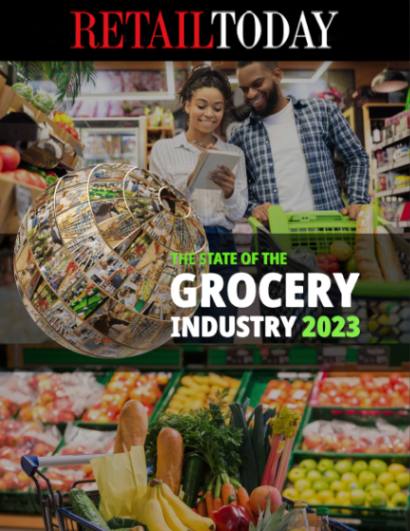With its private label credit card representing a hefty 60% of its total sales volume annually, department store retail chain Kohl’s continues to make its Kohl’s Charge a cornerstone of its loyalty strategy. What’s intriguing is how the retail giant takes steps to strengthen its bond with its core card-carrying customers while simultaneously embracing a multi-tender model that extends benefits to all customers regardless of how they pay, notes market research firm Packaged Facts in the report Private Label Credit Cards in the U.S., 11th Edition.
The linchpin of Kohl’s loyal platform, Kohl’s Rewards, consolidates its three key rewards entities (Kohl’s Charge, Kohl’s Rewards, and Kohl’s Cash) into a single, unified strategy. Simplification is now the name of the game. The previous use of points-based system has been jettisoned in favor of straightforward earnings built around its popular awards currency, Kohl’s Cash.
Along with egalitarian benefits designed to attract new customers, Kohl’s Rewards sweetens the pot for Kohl’s Charge cardholders, offering an extra 30% off the first purchase (valid within one day of opening and using the card) and an additional 15% off discount that arrives with the card in the mail. Card users also earn 10% of their purchase in Kohl’s Cash on every purchase, while customers without the private label card earn 5%. Additionally, cardholders are eligible for “Most Valued Customer” (or MVC) membership status when they spend $600 or more in a calendar year on their Kohl’s Charge.
A key example of Kohl’s push to retain and excite its private label cardholders while also attracting new customers is the evolution of its popular credit events. These periodic cash bonus events, traditionally limited to Kohl’s Charge members, are now open to all customers. Kohl’s Charge cardholders are promised access to at least 12 of these special offers every year.
But Kohl’s is also bucking some retail trends in clever ways. One such example is Smart Cart, an “if you can’t beat them, don’t kill yourself trying” initiative that rewards loyalty by offering customers the chance to get a better price on an item by picking it up in-store instead of having it shipped.
While Kohl’s shoppers are not more likely than the average consumer to use apps, they are more apt to have used them for shopping and daily deal/coupons, especially those who have purchased from Kohl’s online. They are also generally more digitally engaged, especially those who shop more frequently at Kohl’s, and they are even more apt to engage via mobile than online. In fact, those who have purchased from Kohl’s in the past 4 weeks are 93% more likely than the average adult to have used their mobile phone to gather information, 53% more likely to visit social networking websites via mobile, and 65% more likely to make mobile purchases. According to its Q3 2018 earnings call, five million customers are actively engaging with the Kohl’s app.





